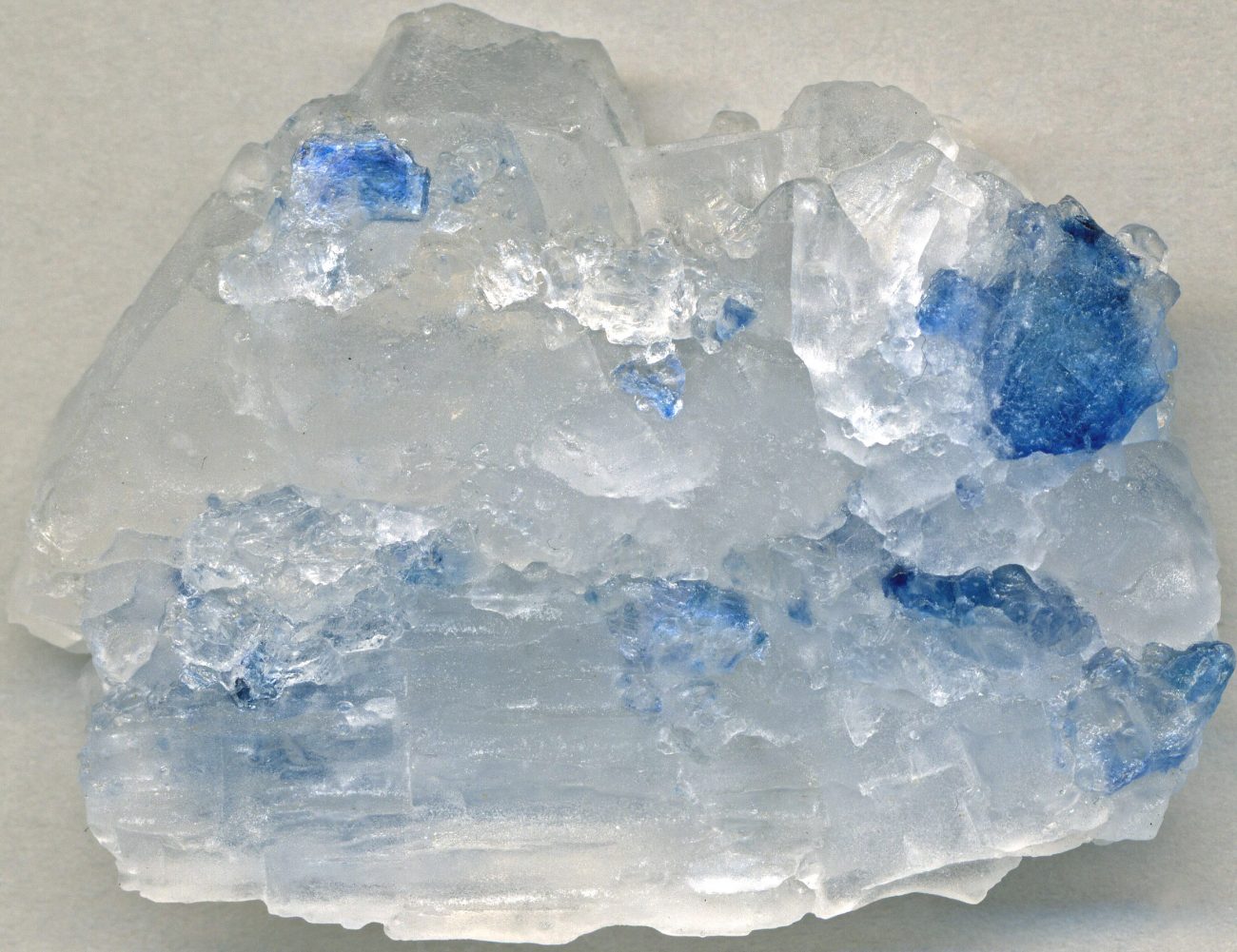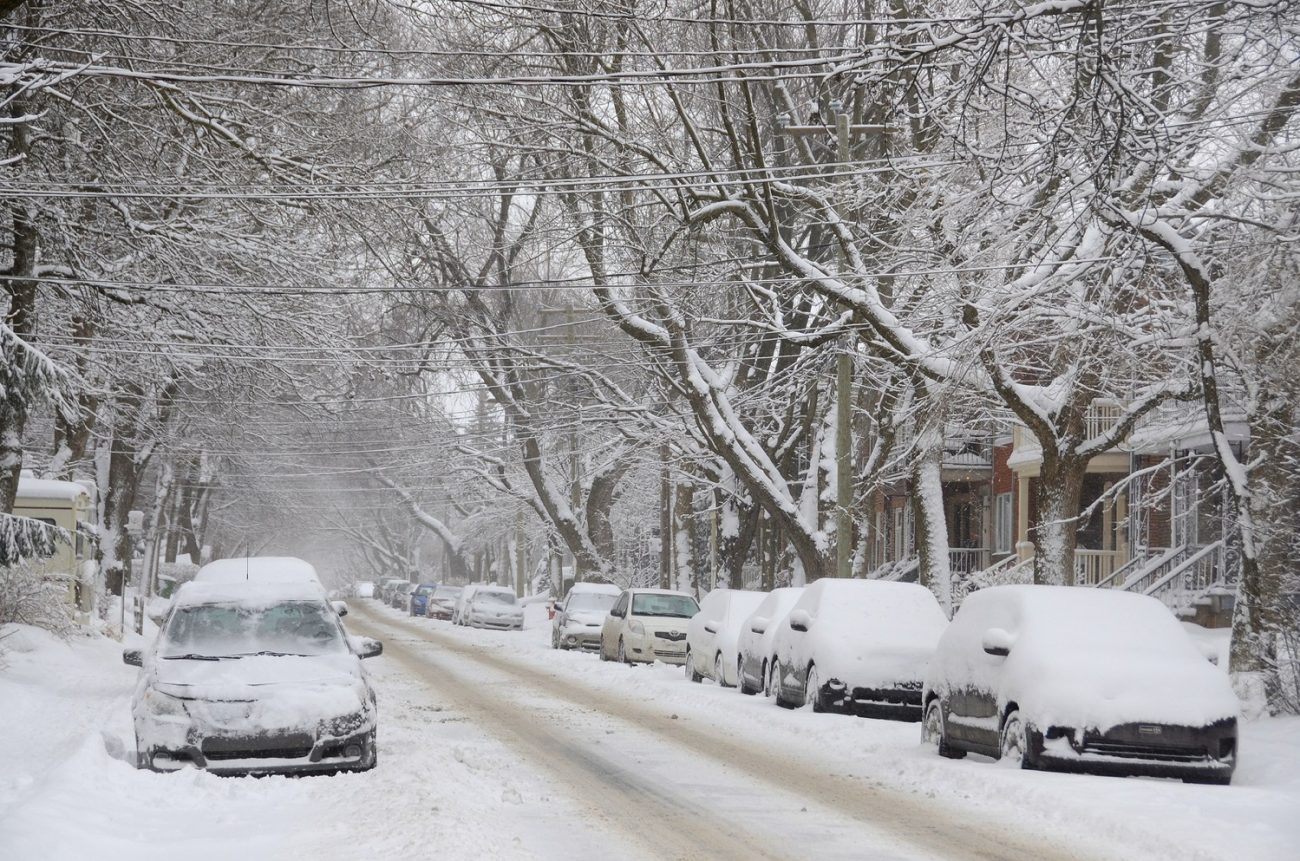Table of Contents
ToggleTips for protecting your hardwood floors in winter
Snow covered mountains, twinkling lights, frozen lakes and festive shop windows, fresh tracks in the snow, the years first snowman, snow angels, skiing, sledding, hiking, snowball fights, ice skating and happy red-cheeked Coloradans getting ready for another holiday season. It is, as the song says, the most wonderful time of the year. But, (you knew there was a “but” coming, right?) you know the old saying “look what the cat dragged in”? During the winter season, you should also be looking at what you may be dragging in because it may be a lot more that holiday cheer. There is a dark side to the pure white snow: Rock salt and chemicals.

Photo by James St. John
The stuff we used to clear our roads, driveways, walkways, and sidewalks may be a quick solution to shoveling snow, but they don’t just stay outside. These chemicals often hitchhike a ride on your boots into your home, and that’s where they can do some real damage.
Snow and ice melting products could ruin your floors

You shouldn’t be leaving wet boots and shoes directly on your hardwood floors in the first place, but if you add rock salt and chemicals, you’re looking at real trouble. As the snow and ice melt off of your boots, it will leave a puddle of water on your hallway hardwood floors. Water on hardwood is never a good thing. However, the rock salt and chemicals are working to melt away the finish on your floors, allowing that water free access to seep into your hardwood floors. Before you know it, you’ve got rotten, moldy, ugly floors.
And be sure to wipe the paws of your four-legged roommates. They can’t take off their “boots” and could be dragging those destructive chemicals and rocksalt with them into every room in the house.
Call a Colorado hardwood flooring specialist to repair winter damage
Wet winter boots plus chemicals and rock salt is a double whammy of hurt for your hardwood floors. Protecting your floors from winter damage is as simple as instilling a “no shoes” policy, or laying down some plastic mats.
The more you know how to care for and protect your hardwood floors, the longer you can wait between sanding and refinishing.


